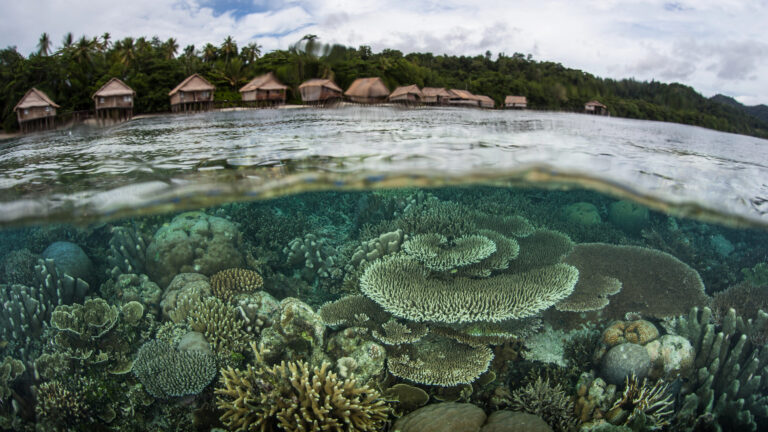Hawaii Proposes Climate Impact Fee for Visitors in 2025

Hawaii is exploring the introduction of a climate impact fee in 2025, a bold initiative aimed at addressing the environmental challenges caused by high levels of tourism. This proposal seeks to balance the state’s urgent need for environmental protection with its reliance on tourism as a primary economic driver.
What Is the Climate Impact Fee?
Known as a “green fee” or “visitor impact fee,” the proposed $25 charge would apply to each visitor and be added to accommodation costs rather than increasing the already high hotel and resort taxes. The goal is to raise funds to combat wildfires, preserve beaches, and repair the ecological damage caused by the nearly 10 million tourists who visit Hawaii annually.
The fee is expected to generate approximately $68 million per year, which would be allocated to environmental and climate initiatives. This move comes in response to recent disasters, including the catastrophic 2023 wildfires on Maui and Hawaii Island, which claimed 115 lives and devastated the historic town of Lahaina.
Support for the Fee
Governor Josh Green is a strong advocate for the fee, describing it as a reasonable ask from visitors who benefit from Hawaii’s natural beauty. “It’s a small price to pay to help protect our islands,” he explained.
Environmentalists also support the proposal, emphasizing that Hawaii’s delicate ecosystems are under immense pressure from over-tourism. The fee, they argue, is a critical step toward preserving the state’s unique natural resources.
Concerns and Opposition
Not everyone is on board with the plan. Critics, particularly within the tourism industry, worry that adding extra fees could deter visitors and harm Hawaii’s economy. With nearly 10 million annual tourists compared to 1.6 million permanent residents, the state heavily relies on tourism revenue to sustain its economy.
The Hawaii Legislature previously rejected a similar measure, reflecting ongoing debate about whether such a fee would do more harm than good.
Hawaii Joins a Global Trend
Hawaii’s proposed fee is part of a growing global movement to use visitor taxes to mitigate the negative effects of tourism. New Zealand, for example, recently doubled its tourist tax to fund infrastructure and environmental preservation. Other destinations are also exploring similar strategies to ensure tourists contribute to the upkeep of the places they visit.
Balancing Tourism and Sustainability
The climate impact fee represents Hawaii’s effort to balance the needs of its tourism-dependent economy with the urgent demand for environmental protection. If implemented, this measure could serve as a model for other destinations grappling with the effects of over-tourism.
For now, the debate continues, but one thing is clear: Hawaii’s future depends on finding sustainable solutions to protect its cherished natural resources.






